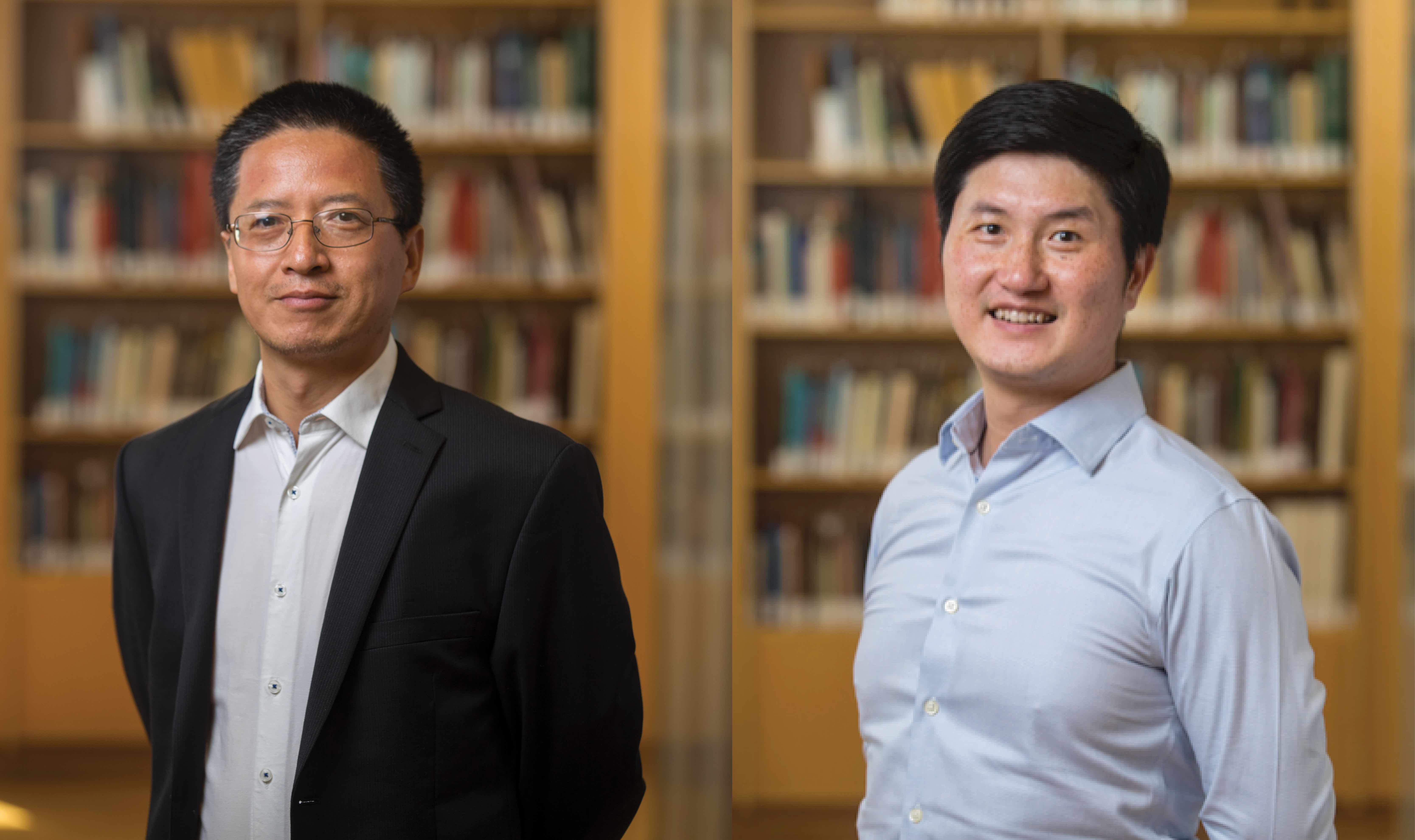Dr. Liwei Jiao earned his PhD in Chinese Linguistics from Nankai University in 2003. He joined EAS as Lecturer of East Asian Studies on July 1st, 2018. Before joining Brown, he taught Chinese at University of Pennsylvania for 12 years, the University of Durham in England for one year, and Renmin University of China for 6 years. The courses he has taught include regular and heritage tracks of Chinese courses from beginning through advanced levels, intermediate and advanced Business Chinese courses, and Newspaper/Media Chinese etc. His research interests include Chinese language and culture, lexicography, Teaching Chinese as a Foreign Language, and Chinese phonetics. Among his many publications are 500 Common Chinese Idioms, 500 Common Chinese Proverbs and Colloquial Expressions, and Chinese Phonetics in the 20th Century etc. During the past summer he was working on three entries for the latest edition of Encyclopedia of China, and two dictionaries, A Thematic Dictionary of Contemporary Chinese (in press) and A Cultural Dictionary of the Chinese Language (submitted).
Lulei Su is currently a PhD. candidate finalizing his doctorate dissertation on Chinese pedagogy and classroom interactions. His dissertation is titled “Bey Beyond the Script: From Text-centered Pedagogy to Performance-oriented Pedagogy.” In his dissertation project, he borrows the concept of intertextuality from the folklore studies and discourse analysis to examine how Chinese language learners skillfully blend the lines from textbook into authentic social contexts to fulfill the communicative purposes. He uses a series metaphor to help the reader to grasp the main theme, that is, a good language learner resembles an expert tailor, and language learning texts are similar to raw clothing textiles. A novice tailor can only put the raw threads and textiles together by collage. But an expert can truly bring the clothing to life and make it a whole piece with a motif. Similarly, a novice language learner heavily relies on the dialogue scripts in language learning materials, as if they are life-saving tools. However, an expert learner knows how to recontextualize it by holistically embedding the texts and dialogue lines back to real-life communications. By this dissertation, Lulei hopes to through new light on the field of Chinese second language acquisition, specifically, the dialogism in communication.
In the Fall Semester, 2018, other than co-teaching CHIN 100, Lulei is the course head for CHIN 0350. In this course, students are dominantly Chinese heritage language learners. This is a very special group of leaners with various degree of acquired cultural and linguistic competences. When teaching this course, Lulei has been trying various ways to engage with the students by maximizing their exposure to the culture and the experience within the culture. He is also comparing the pedagogical models of non-heritage learners of Chinese and heritage learners. In order to get better input and feedback on this topic, Lulei applied to the 2018-2019 Junior Faculty Program at the Sheridan Teaching Center and was accepted. He hopes to present the result at conferences and publish his formal research at an academic journal in the future.
Before Lulei joined the big EAS family at Brown University, he taught at various institutions and language programs, including Harvard University, The Ohio State University, College of the Holy Cross, Beloit College, Harvard-Beijing Academy, Princeton-in-Beijing, SYA, and IES. He has taught all levels of Chinese language classes. At Holy Cross, he also taught content courses in English. The subjects include Chinese film, environment, and culture. Lulei also taught a first-year seminar course in the Montserrat program at Holy Cross. When teaching these content courses, Lulei adapted his expertise in teaching language courses to teaching the culture and society by designing various types of learning activities and student-to-student interactions. Both he and the students greatly enjoyed those exploratory processes which broke the division between the classroom learning and real-world experience. Lulei hopes to contribute to EAS program and courses with his forte in curriculum design and training in Chinese linguistics, folklore, and history.

